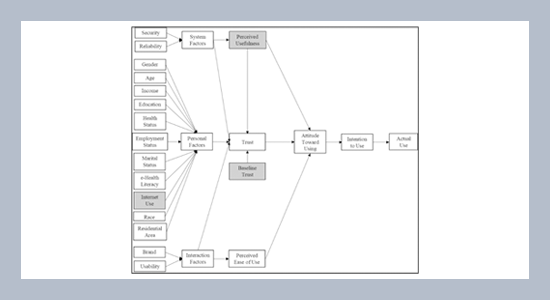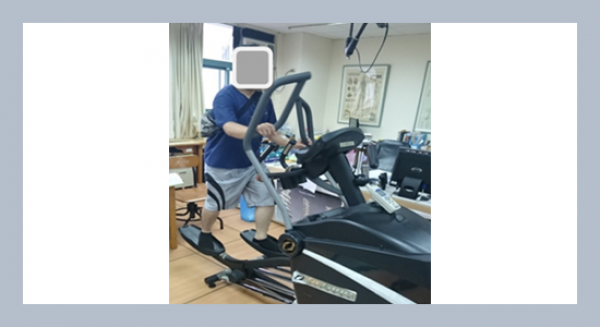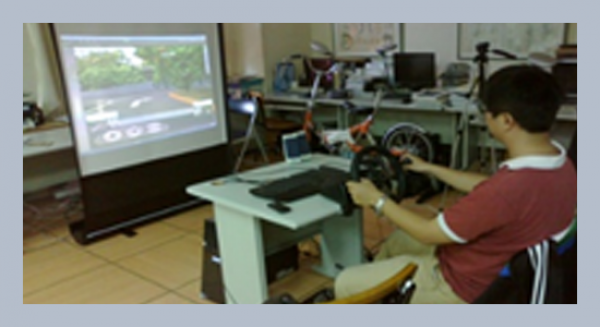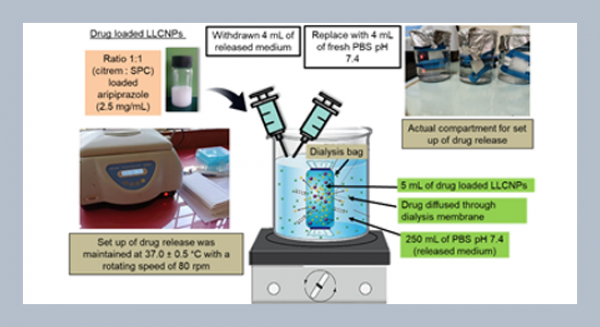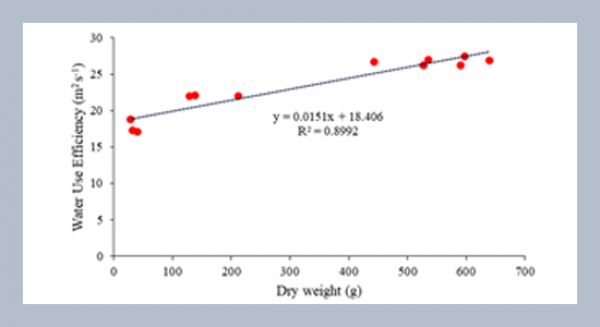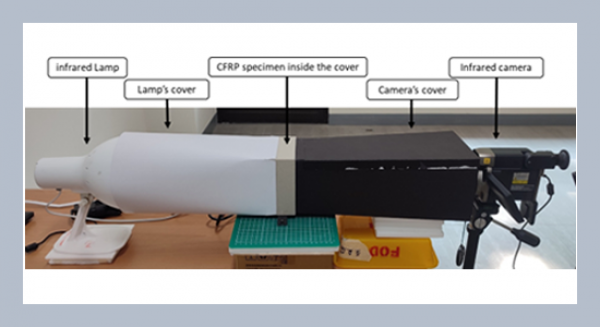REFERENCES
- Alviani, R., Purwandari, B., Eitiveni, I., Purwaningsih, M. 2023. Factors affecting adoption of telemedicine for virtual healthcare services in Indonesia. Journal of Information Systems Engineering and Business Intelligence, 9(1), 47–69.
- Bansal, G., Zahedi, F.M., Gefen, D. 2010. The impact of personal dispositions on information sensitivity, privacy concern, and trust in disclosing health information online. Decision Support Systems, 49(2), 138–150.
- Barney, J.B., Hansen, M.H. 1994. Trustworthiness as a source of competitive advantage. Strategic Management Journal, 15, 175–190.
- Bervell, B., Al-Samarraie, H. 2019. A comparative review of mobile health and electronic health utilization in Sub-Saharan African countries. Social Science & Medicine, 232, 1–16.
- Bhattacherjee, A., Hikmet, N. 2007. Physicians’ resistance toward healthcare information technology: A theoretical model and empirical test. European Journal of Information Systems, 16(6), 725–737.
- Buhr, L., Schicktanz, S., Nordmeyer, E. 2022. Attitudes toward mobile apps for pandemic research among smartphone users in Germany: National survey. JMIR mHealth and uHealth, 10(1), e31857.
- Chaudhuri, A., Holbrook, M.B. 2001. The chain of effects from brand trust and brand affect to brand performance: The role of brand loyalty. Journal of Marketing, 65(2), 81–93.
- Chen, L., Zarifis, A., Kroenung, J. 2017. The role of trust in personal information disclosure on health-related websites. Proceedings of the 25th European Conference on Information Systems, ECIS 2017.
- Dou, K., Yu, P., Deng, N., Liu, F., Guan, Y., Li, Z., Ji, Y., Du, N., Lu, X., Duan, H. 2017. Patients’ acceptance of smartphone health technology for chronic disease management: A theoretical model and empirical test. JMIR mHealth and uHealth, 5(12), e177.
- Douglas, M. 2002. Natural Symbols. Routledge, 177.
- Guo, X., Sun, Y., Wang, N., Peng, Z., Yan, Z. 2013. The dark side of elderly acceptance of preventive mobile health services in China. Electronic Markets, 23(1), 49–61.
- Hair, J.F., Black, W.C., Babin, B.J., Anderson, R.E. 2014. Multivariate Data Analysis (7th ed.). Pearson.
- Hendrikx, H.C.A.A., Pippel, S., van de Wetering, R., Batenburg, R.S. 2013. Expectations and attitudes in eHealth: A survey among patients of Dutch private healthcare organizations. International Journal of Healthcare Management, 6(4), 263–268.
- Hoque, M.R., Bao, Y., Sorwar, G. 2017. Investigating factors influencing the adoption of e-Health in developing countries: A patient’s perspective. Informatics for Health and Social Care, 42(1), 1–17.
- Hove, T., Paek, H.J., Isaacson, T. 2011. Using adolescent eHealth literacy to weigh trust in commercial web sites: The more children know, the tougher they are to persuade. Journal of Advertising Research, 51(3), 524–537.
- Hutchings, E., Loomes, M., Butow, P., Boyle, F. M. 2020. A systematic literature review of health consumer attitudes towards secondary use and sharing of health administrative and clinical trial data: A focus on privacy, trust, and transparency. Systematic Reviews, 9(1), 1–41.
- Jung, S.O., Son, Y.H., Choi, E. 2022. E-health literacy in older adults: An evolutionary concept analysis. BMC Medical Informatics and Decision Making, 22(1), 1–13.
- Kim, Y. 2016. Trust in health information websites: A systematic literature review on the antecedents of trust. Health Informatics Journal, 22(2), 355–369.
- Klein, R. 2007. Internet-based patient-physician electronic communication applications: Patient acceptance and trust. E-Service Journal, 5(2), 27–51.
- Kumar, K.A., Natarajan, S. 2019. Role of trust and privacy concerns towards usage of E-health services-an extension of expectation-confirmation model. Indian Journal of Public Health Research and Development, 10(7), 339–345.
- Li, Y., James, L., McKibben, J. 2016. Trust between physicians and patients in the e-health era. Technology in Society, 46, 28–34.
- Magno, C., Guzman, R.R.S. 2019. Drug price sensitivity among physicians in a developing healthcare system: Evidence from the Philippine market for statins and beta blockers. Economic Analysis and Policy, 62, 268–279.
- Mannan, M., Ahamed, R., Zaman, S.B. 2019. Consumers’ willingness to purchase online mental health services. Journal of Services Marketing, 33(5), 557–571.
- Mendoza, M.D., Smith, S.G., Eder, M.M., Hickner, J. 2011. The seventh element of quality is the doctor-patient relationship. Family Medicine, 43(2), 83–89.
- Mirzaei, T., Kashian, N. 2020. Revisiting effective communication between patients and physicians: Cross-sectional questionnaire study comparing text-based electronic versus face-to-face communication. Journal of Medical Internet Research, 22(5), e16965.
- Mou, J., Cohen, J.F. 2014a. A longitudinal study of trust and perceived usefulness in consumer acceptance of an eservice: The case of online health services. Proceedings-Pacific Asia Conference on Information Systems, PACIS 2014.
- Mou, J., Cohen, J.F. 2014b. Trust, risk and perceived usefulness in consumer acceptance of online health services. Proceedings of the 25th Australasian Conference on Information Systems, ACIS 2014.
- Paige, S.R., Krieger, J.L., Stellefson, M.L. 2017. The influence of eHealth literacy on perceived trust in online health communication channels and sources. Journal of Health Communication, 22(1), 53–65.
- Parasuraman, R., Riley, V. 1997. Humans and automation: use, misuse, disuse, abuse. Human Factors, 39(2), 230–253.
- Prgomet, M., Georgiou, A., Westbrook, J.I. 2009. The impact of mobile handheld technology on hospital physicians’ work practices and patient care: A systematic review. Journal of the American Medical Informatics Association, 16(6), 792–801.
- Rindova, V.P., Williamson, I.O., Petkova, A.P., Sever, J.M. 2005. Being good or being known: An empirical examination of the dimensions, antecedents, and consequences of organizational reputation. Academy of Management Journal, 48(6), 1033–1049.
- Taşkın, B., Coşkun, H.İ., Tüzün, H. 2018. Usability evaluation of the mobile application of centralized hospital appointment system (CHAS). User Centric E-Government. Springer.
- Tavares, J., and Oliveira, T. 2016. Electronic health record patient portal adoption by health care consumers: An acceptance model and survey. Journal of Medical Internet Research, 18(3), e49.
- Tlach, L., Thiel, J., Härter, M., Liebherz, S., Dirmaier, J. 2016. Acceptance of the German e-mental health portal www.psychenet.de: An online survey. PeerJ, 4, e2093.
- Trapsilawati, F., Arini, H.M., Wijayanto, T., Widyanti, A., Wibawa, A.D., Muslim, K. 2019. Development of trust-integrated technology acceptance model for eHealth based on metaanalytic findings. Proceedings - 2019 2nd International Conference on Bioinformatics, Biotechnology and Biomedical Engineering - Bioinformatics and Biomedical Engineering, BioMIC 2019.
- Tung, F.C., Chang, S.C., Chou, C.M. 2008. An extension of trust and TAM model with IDT in the adoption of the electronic logistics information system in HIS in the medical industry. International Journal of Medical Informatics, 77(5), 324–335.
- Van Velsen, L., Evers, M., Bara, C., Op den Akker, H., Boerema, S., Hermens, H. 2018. Understanding the acceptance of an eHealth technology in the early stages of development: An end-user walkthrough approach and two case studies. JMIR Formative Resesarch, 2(1), e10474.
- Wernhart, A., Gahbauer, S., Haluza, D. 2019. eHealth and telemedicine: Practices and beliefs among healthcare professionals and medical students at a medical university. PLoS ONE, 14(2), e0213067.
- WHO. 2016. Global diffusion of eHealth: Making universal health coverage achievable. In Report of the third global survey on eHealth.
- Wilkowska, W., Ziefle, M. 2011. Perception of privacy and security for acceptance of E-health technologies: Exploratory analysis for diverse user groups. 2011 5th International Conference on Pervasive Computing Technologies for Healthcare (PervasiveHealth) and Workshops, 2011, 593–600.
- Wilkowska, W., Ziefle, M. 2012. Privacy and data security in E-health: Requirements from the user’s perspective. Health Informatics Journal, 18(3), 191–201.
- Xiong, X., Luo, L., Zhou, S., Li, V.J., Zhou, Y., Huo, Z. 2023. A profile of patients’ and doctors’ perceptions, acceptance, and utilization of e-health in a deprived region in southwestern China. PLOS Digital Health, 2(4), e0000238.
- Yaacob, N.M., Samad, A., Basari, H., Salahuddin, L., Khanapi, M., Ghani, A., Doheir, M., Elzamly, A. 2019. Electronic personalized health records [E-Phr] issues towards acceptance and adoption. International Journal of Advanced Science and Technology, 28(8), 01–09.
- Yang, H., Guo, X., Wu, T. 2015. Exploring the influence of the online physician service delivery process on patient satisfaction. Decision Support Systems, 78, 113–121.
- Ye, Y. 2011. Correlates of consumer trust in online health information: Findings from the health information national trends survey. Journal of Health Communication, 16(1), 34–49.
- Zayyad, M.A., Toycan, M. 2018. Factors affecting sustainable adoption of e-health technology in developing countries: An exploratory survey of Nigerian hospitals from the perspective of healthcare professionals. PeerJ, 6, e4436.
- Zheng, S., Hui, S.F., Yang, Z. 2017. Hospital trust or doctor trust? A fuzzy analysis of trust in the health care setting. Journal of Business Research, 78, 217–225.



